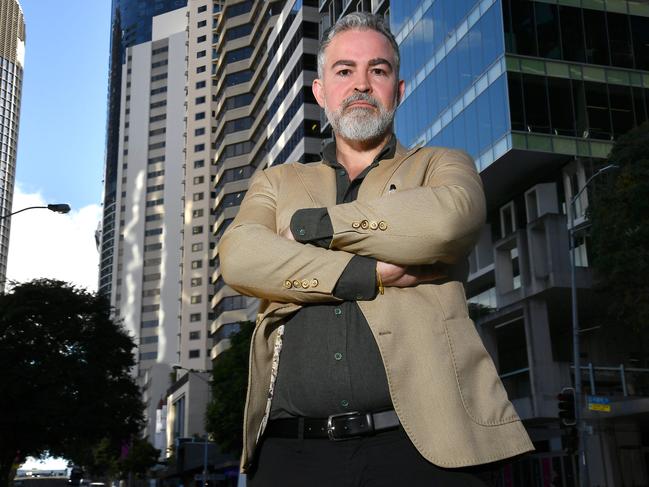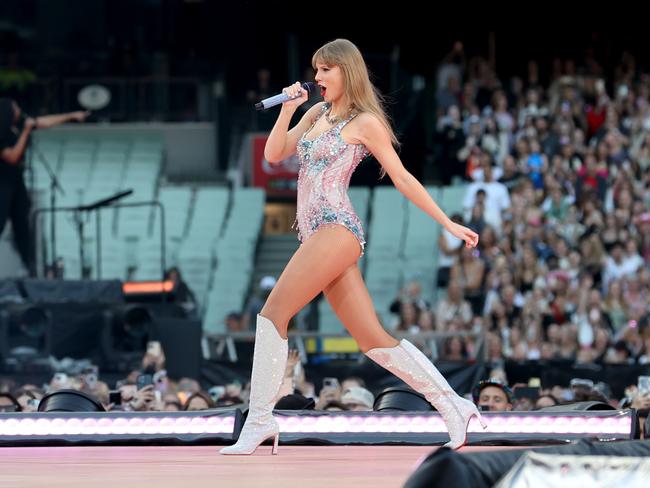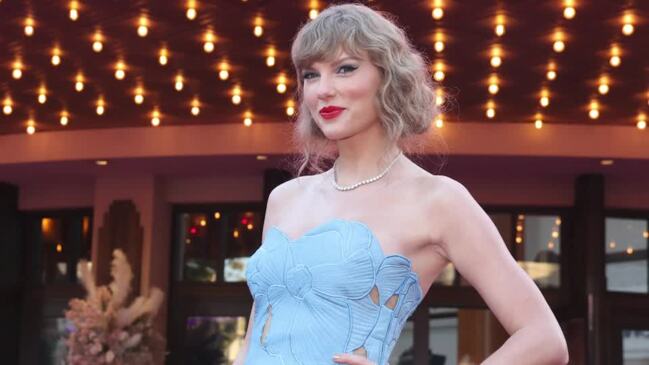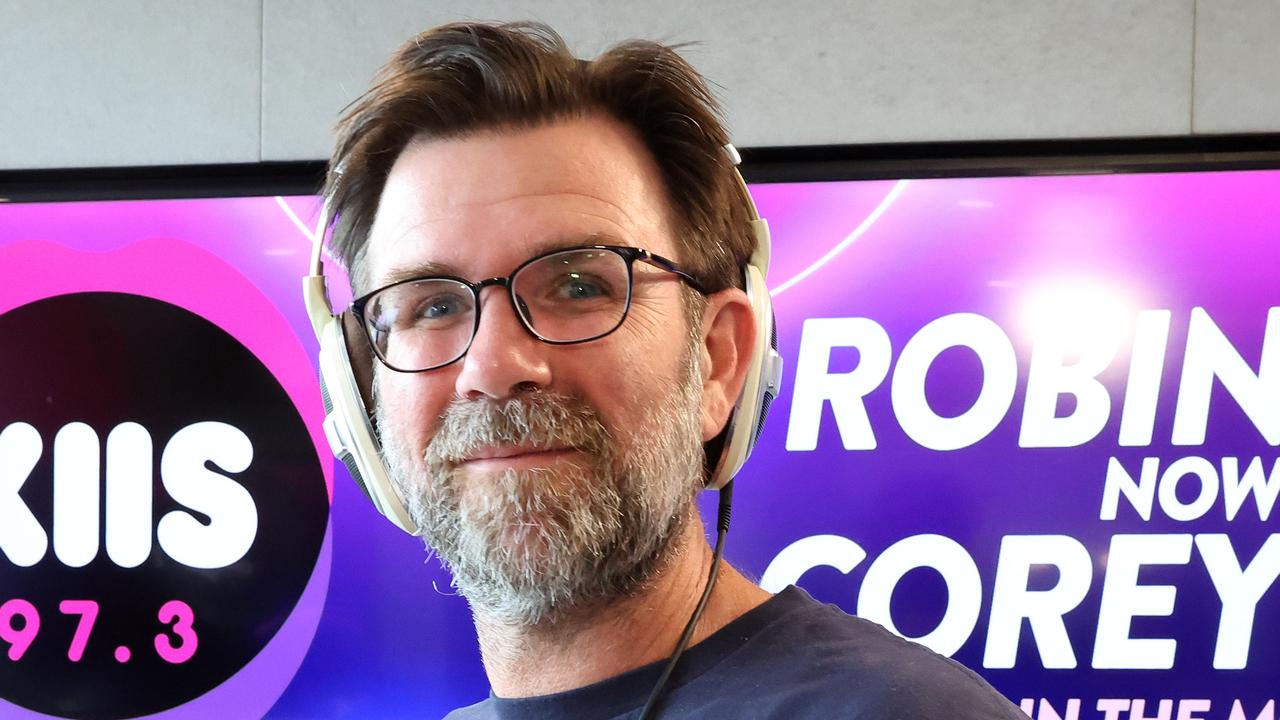Brisbane inquiry highlights dire challenges facing Australia’s live music industry
One of the most successful months of live music in Australian history had a massive downside, an inquiry has heard in Brisbane.

Entertainment
Don't miss out on the headlines from Entertainment. Followed categories will be added to My News.
Government incentives to assist venues and compulsory local support acts for international artists have been floated as solutions to the existential crisis facing Australia’s live music industry.
The federal Standing Committee on Communications and the Arts, convening in Brisbane on Wednesday, also heard the money spent on Queensland’s first night life commissioner would be better directed to local venues.
The parliamentary hearing underscored the urgent need to rescue small and medium-sized venues, support emerging local artists and sustain Queensland’s music festivals.
QMusic CEO Kris Stewart described the inquiry as an extraordinary moment, comparing the current crisis to “Halley’s Comet, not the end of the dinosaurs”.
Mr Stewart emphasised the critical role of small venues in nurturing local talent.
“If we want an Australian industry in 10 years from now, we need to acknowledge that our small music venues are the soul from which our artists grow,” he said.
The industry faced multiple challenges, including rising expenses, declining audience spending, and skyrocketing insurance costs.
“One of the main things they are facing is around audiences that drink less – that means the model that many of the smaller venues have been built on is not sustainable,” Stewart noted.
“There are problems around income, around yield, and around what they can charge.”

The impact has been devastating, with iconic venues such as Brisbane’s The Zoo, a staple for 32 years, shutting its doors recently due to financial losses.
Festivals such as Splendour in the Grass and Groovin’ the Moo have also been cancelled this year.
Former owner of The Zoo Shane Chidgzey testified about the high costs of running a music venue without government assistance.
“I personally I have funded over $3 million out of my own pocket of loss since I bought the place,” he said.
“It’s $1.2 million just to open the doors, that’s before you even have any stock, that’s just staff, rent, insurance, wages, security and electricity.”
Mr Chidgzey criticised the newly announced role of night life economy commissioner, saying funds would be better spent assisting struggling businesses.
“Quite often people that are on boards have no actual day-to-day knowledge in regards to what they’re dealing with,” he said.
He also expressed scepticism about government intervention following the inquiry, suggesting private industry would need tax benefits or reprieves to support live music.
“I’m a realist; I don’t think the government is going to put up money to save anything. It has to come from private industry,” he said.
The inquiry heard suggestions of government incentives and regulatory changes to make music venues more viable.
Another suggestion was mandating international tours to hire local support acts to keep profits within the Australian economy.
“Remember the month of Taylor Swift and blink-182?” Mr Stewart said.

“(It was) one of the most successful months of live music in Australian history, except not one of those tickets was sold for an Australian artist and all of that money left our shores.”
Other proposals included government-funded culture passes to subsidise young people’s cultural spending, inspired by successful European models.
Mr Stewart also suggested a charitable trust funded by a small percentage of ticket sales from large concerts to support grassroots music.
Many experts called for the reduction of government red tape to ease the financial and operational burdens on venues.
Amanda Jackes of Woodfordia Inc, the organisation behind the Woodford Folk Festival, advocated for case-by-case security assessments instead of a one-size-fits-all approach.
She highlighted that despite being a family-friendly festival, Woodford faced exorbitant security costs due to blanket regulatory requirements.
Ms Jackes also suggested a national cancellation insurance scheme for Australian festivals to mitigate the impact of unforeseen events such as pandemics and environmental disasters.
The inquiry addressed the dominance of touring giant Live Nation, with calls for a levy to balance power structures within the industry.
The inquiry, which continues in Sydney on Thursday and Friday, aims to tackle a broad spectrum of issues, including sustainability, venue suitability, artist development, economic benefits, grant programs, audience development, and international export barriers.
More Coverage






